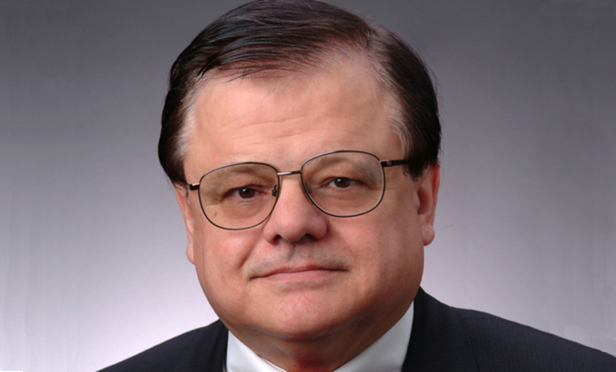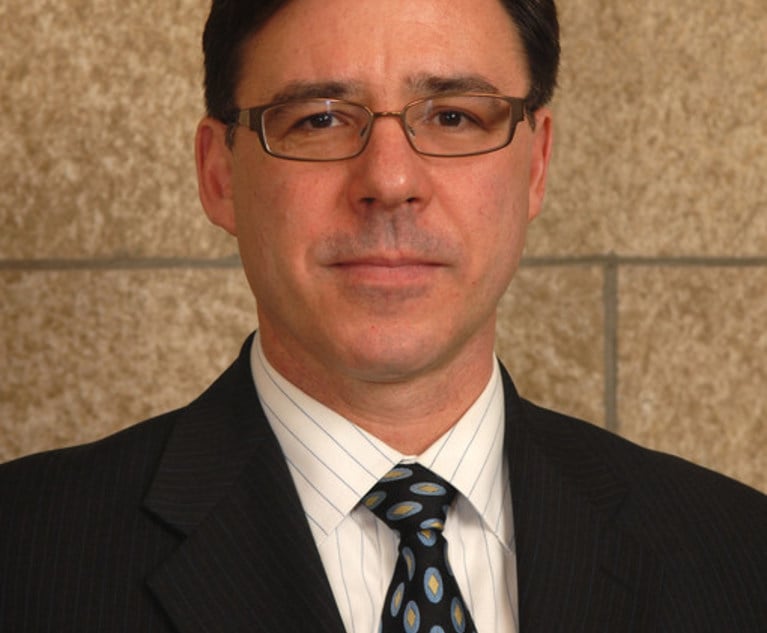In my last column, “New York’s ‘Professional Reliability’ Rule,” NYLJ (Aug. 1, 2018, p. 3, col. 3), I addressed the professional reliability rule governing expert testimony presented in New York state courts. As discussed, this rule allows an expert to rely upon, in forming an opinion, facts obtained by the expert from an out-of-court source, i.e., material not admitted into evidence at the trial, provided (1) it is of the kind accepted in the relevant profession as reliable in forming a professional opinion; (2) the material relied upon by the expert is reliable; and (3) it does not constitute the sole or principal basis for the expert’s opinion. Thus, an expert may rely upon statements which were not admitted as barred by the hearsay rule, documents which have not been authenticated, or evidence declared inadmissible by a specific evidentiary rule, e.g., character evidence rule. In essence, the professional reliability rule “cede[s] to experts the discretion to make conclusions the way they normally would in their field.” Park et al., Evidence Law (3d ed.) §14.05 at pp. 548-49.
Assuming that an expert’s opinion is admissible, even though it is based upon inadmissible evidence, another issue is present. May the reliable but out-of-court and inadmissible statement or document upon which the opinion is based also be admitted? Expressed differently, does the inadmissible evidence become admissible because of its use as a basis for an expert’s opinion? Left unaddressed in my last column, the issue will now be discussed.


 Michael J. Hutter
Michael J. Hutter




